Epidemiology
Disease prevention and health promotion are the main goals of public
health, a multidisciplinary field that focuses on populations and communities rather than on separate individuals. Epidemiology, one of the
basic sciences of public health, is defined as “the study of the distribution
and determinants of disease frequency in human populations and the
application of this study to control health problems.”

Incidence and Prevalance Paper
Having covered the Measuring Disease Frequency, I learnt the difference between prevalence and incidence
Learn more →

Comparing Diseases
Defined as “the study of the distribution
and determinants of disease frequency in human populations and the
application of this study to control health problems.”
Learn more →
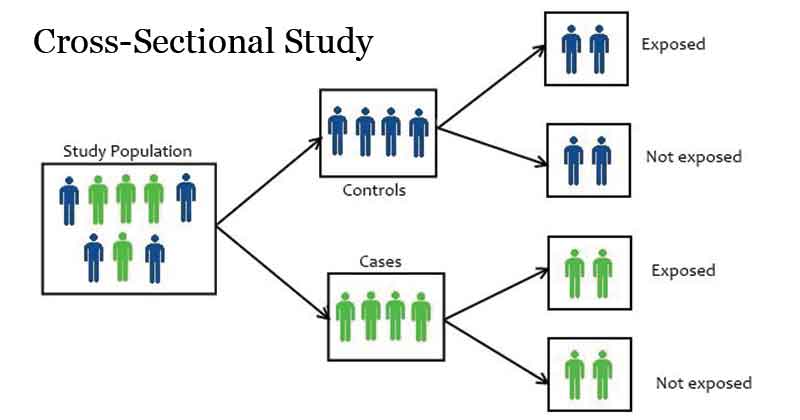
Cross-Sectional Study
A cross-sectional study is a type of observational research design commonly used in epidemiology and other fields to investigate the prevalence and distribution of a particular condition, disease, or characteristic within a population at a specific point in time.
Learn more →
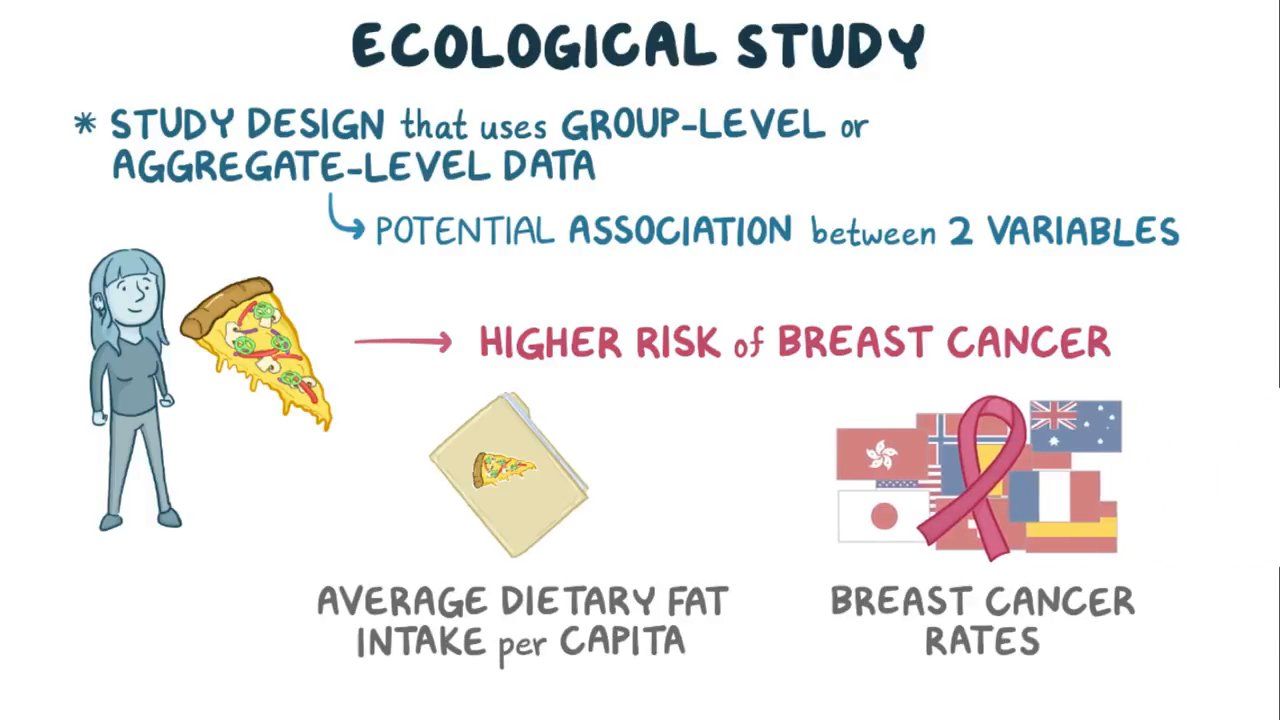
Ecological Study
An ecological study, also known as an ecological epidemiological study or a population-based study, is a type of observational study in epidemiology that examines health-related outcomes at the population level.
Learn more →
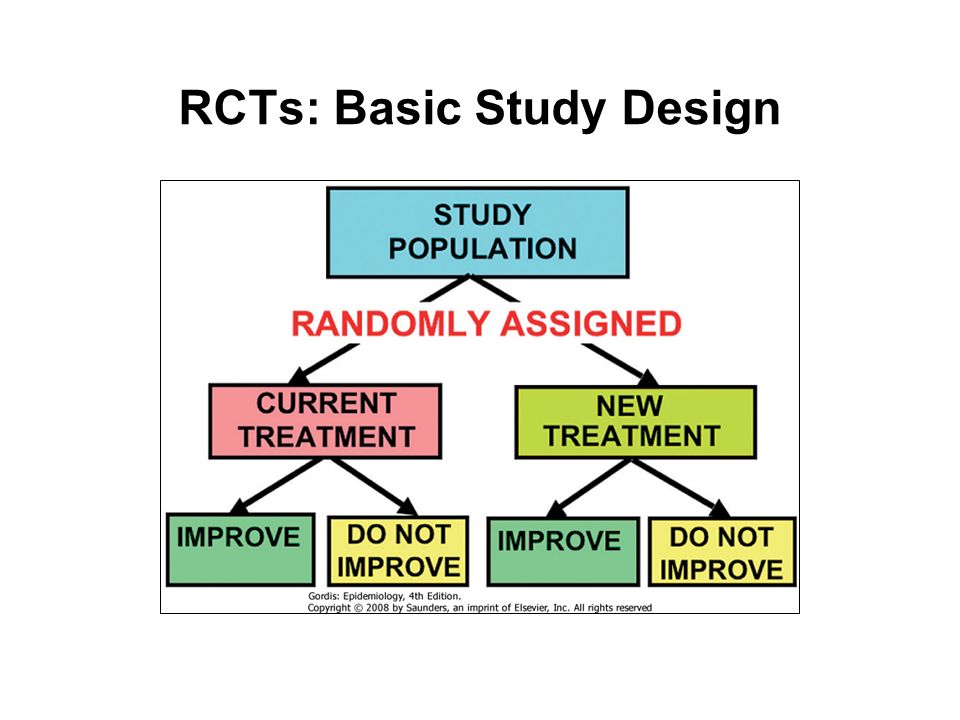
Randomized Clinical Trial
A randomized clinical trial (RCT) is a type of scientific research study conducted in medicine and other fields to evaluate the effectiveness of a new medical treatment, intervention, drug, or medical device.
Learn more →
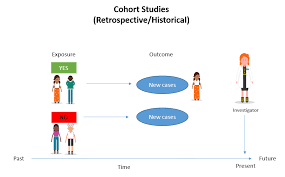
Cohort Study
A cohort study is a type of epidemiological study that is commonly used to investigate the causes of a particular disease, condition, or health-related outcome.
Learn more →
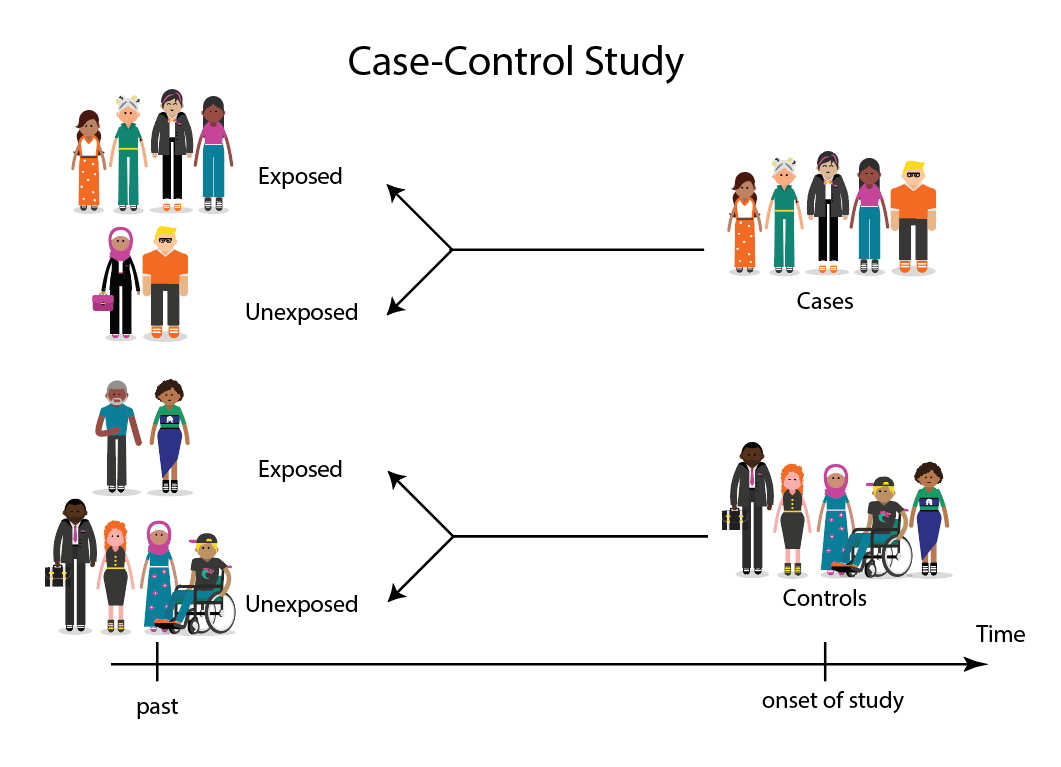
Case-Control Study
A case-control study is a type of observational research design that is commonly used in epidemiology to investigate the causes of a particular condition or disease.
Learn more →
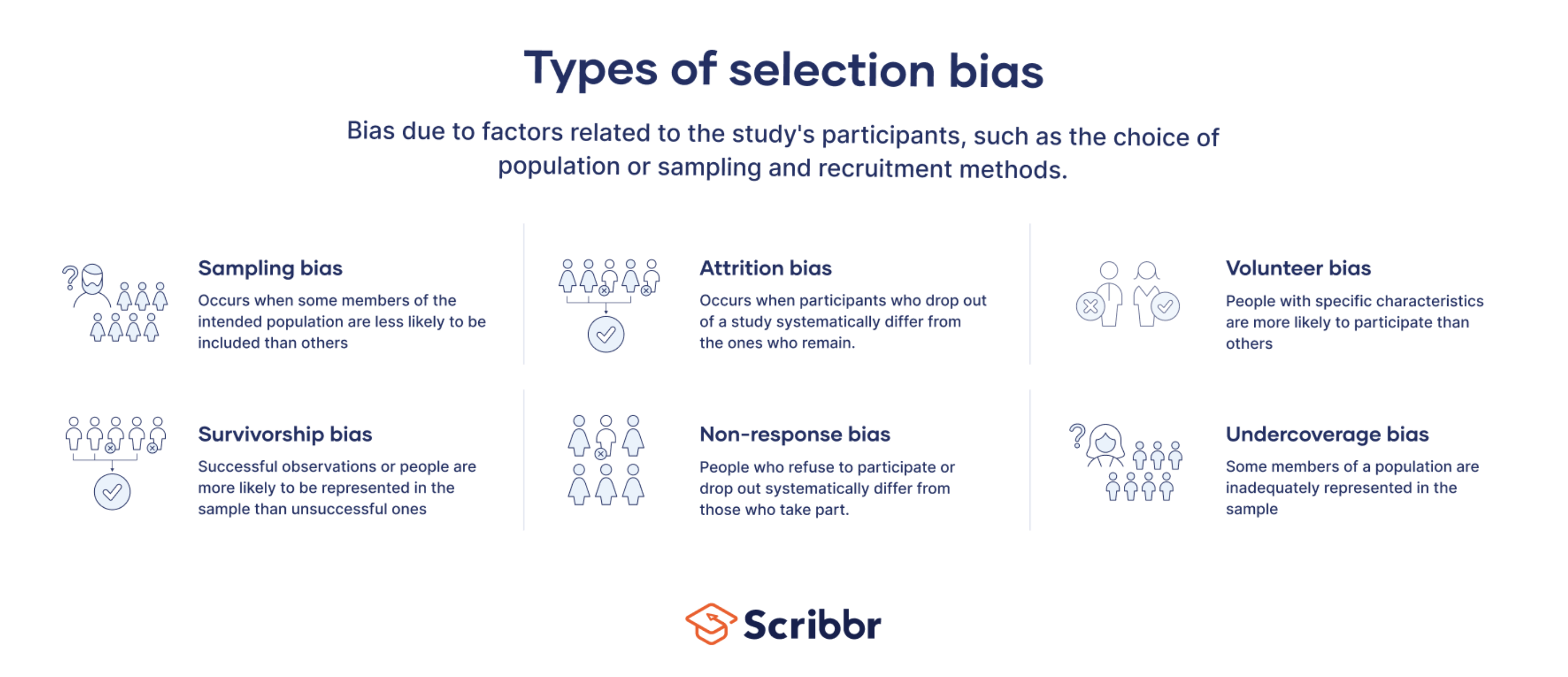
Biases
Bias refers to a systematic error or deviation from the truth in the results of a study or experiment.
Learn more →
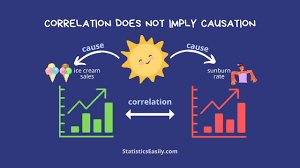
Causation
Causation implies that one event (exposure) directly leads to another event (outcome).
Learn more →

Screening
The presumptive identification of an unrecognized disease or
defect by the application of tests, examinations or other procedures which can be applied rapidly.
Learn more →
